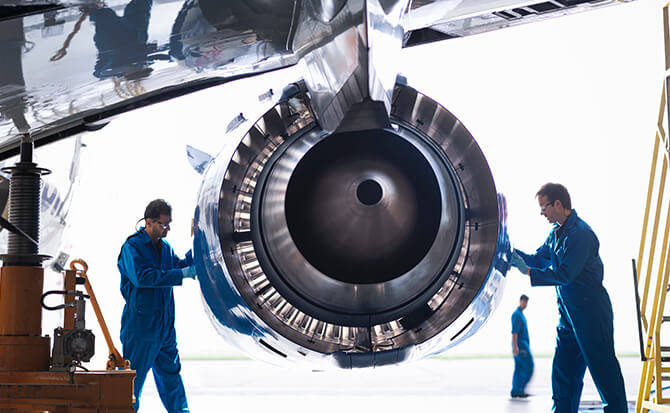Maintenance, repair, and overhaul (MRO) are essential activities for companies that operate and maintain physical assets. The MRO process involves managing and repairing assets, including equipment, vehicles, and infrastructure, to ensure they function correctly and remain in good condition.
To streamline the MRO process, many companies use an enterprise resource planning (ERP) system designed specifically for MRO activities. In this post, we will discuss how to choose an MRO ERP system in detail.
What is an MRO ERP System?
An MRO ERP software is a software solution designed to manage and automate the maintenance, repair, and overhaul processes of a company.
The system unifies all facets of MRO, including work orders, preventative maintenance, inventory management, asset monitoring, procurement, and accounting. By centralizing and streamlining MRO processes, technology helps firms cut expenses and optimize maintenance schedules.
Choosing an MRO ERP System
Choosing the right MRO ERP system is crucial for companies that want to streamline their overhaul activities. To choose the best system for their needs, companies should consider several factors.
Functionality
The MRO ERP system should have the necessary functionality to meet the company’s specific MRO needs. For example, if the company has a large fleet of vehicles, the system should include features for tracking vehicle maintenance schedules and repair history. If the company has multiple locations, the system should be able to manage maintenance activities across all locations.
Integration
The ERP system should integrate with other systems the company uses, such as accounting, asset management, and procurement systems. The integration enables data sharing and helps avoid data duplication, streamlining processes and providing better visibility into financial performance.
Customization
The MRO ERP system should be customizable to meet the company’s unique needs. For example, the company may want to customize workflows or add new fields to capture specific data. The ability to customize the system enables the company to tailor it to its needs and ensures that it can adapt as the company grows or MRO processes evolve.
User-Friendliness
The MRO ERP system should be easy to use and navigate. Intuitive interfaces and workflows help reduce the learning curve for users, making it easier for them to adopt the system and use it effectively.
Support
The Maintenance, repair, and overhaul ERP system provider should offer excellent customer support, including training and ongoing technical support. The provider should be responsive to the company’s needs and able to resolve any issues promptly.
Cost
The cost of the MRO ERP system is an important consideration. Companies should consider the upfront cost of purchasing and implementing the system, as well as ongoing costs such as maintenance, upgrades, and support. It is also essential to consider the return on investment (ROI) that the system will provide in terms of cost savings.
Final Words
Choosing the right MRO system requires careful consideration of several factors, including functionality, integration, customization, user-friendliness, scalability, support, and cost. Companies should carefully evaluate each potential system based on these factors to select the one that best meets their MRO needs and provides the greatest ROI.



